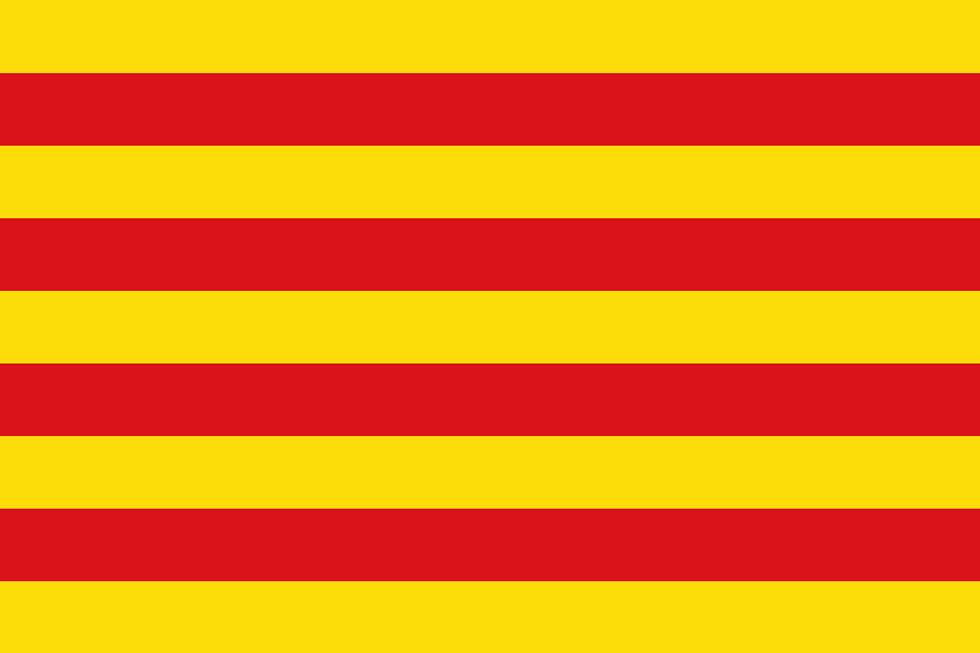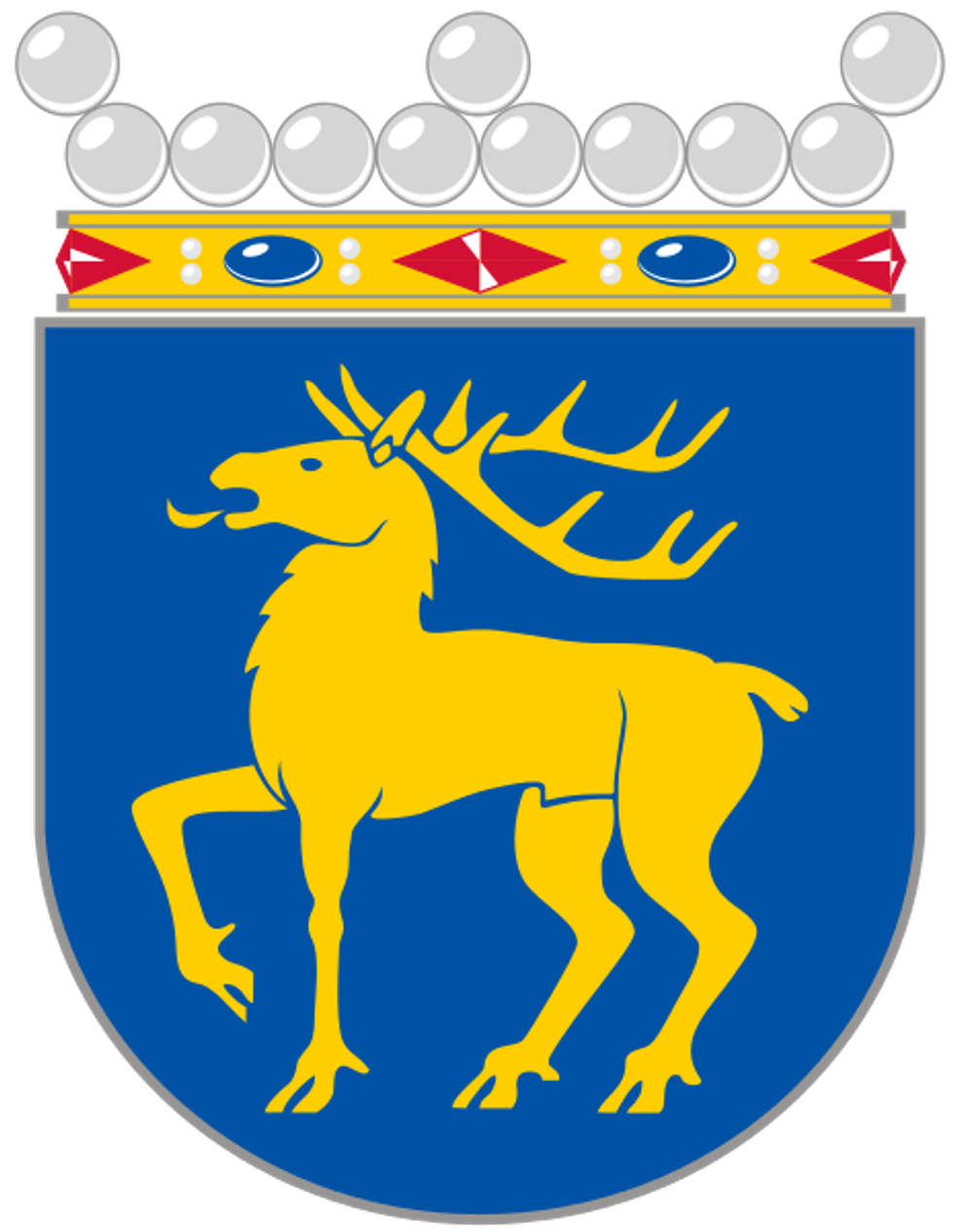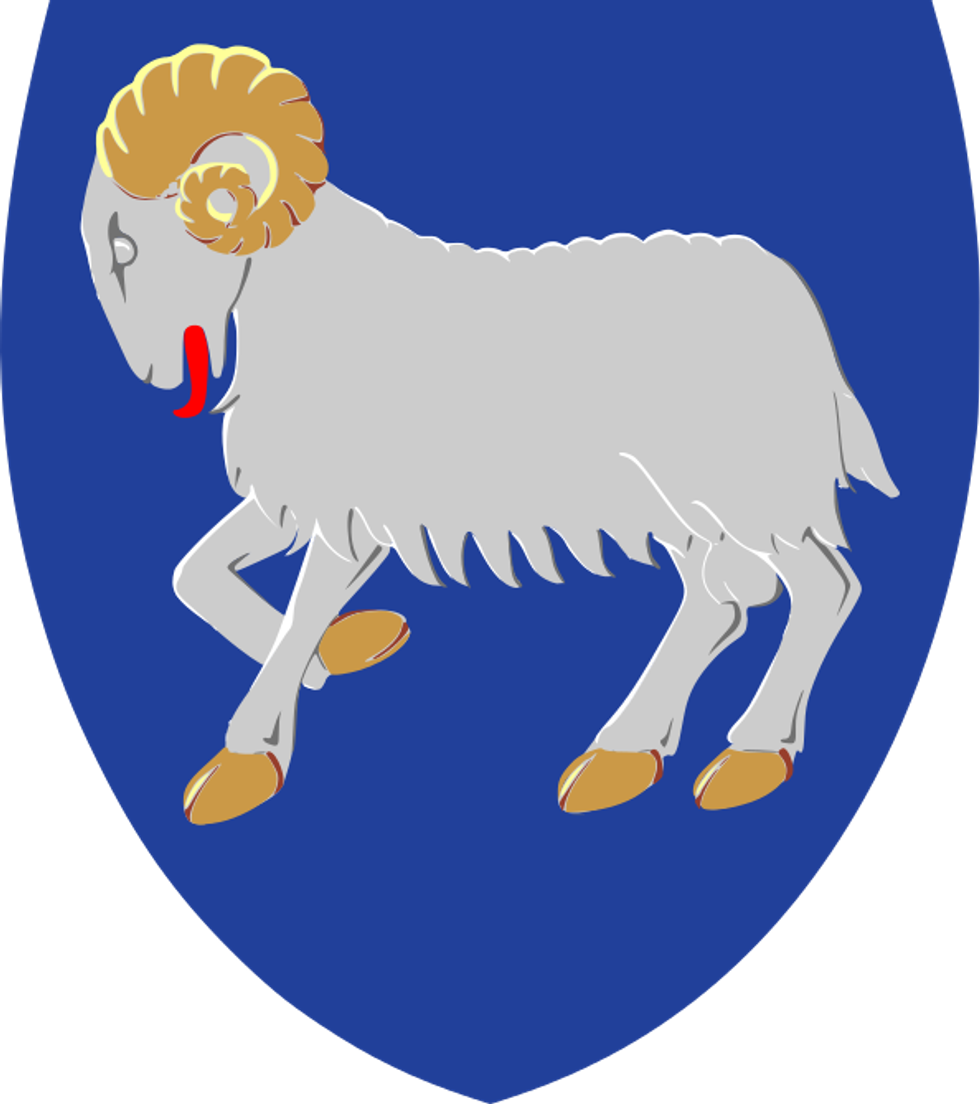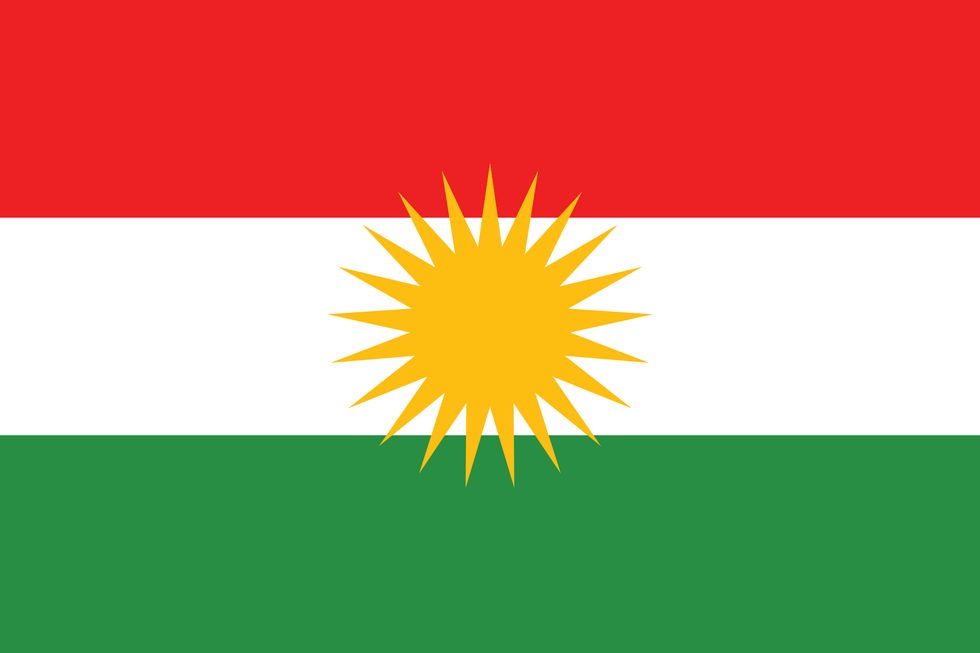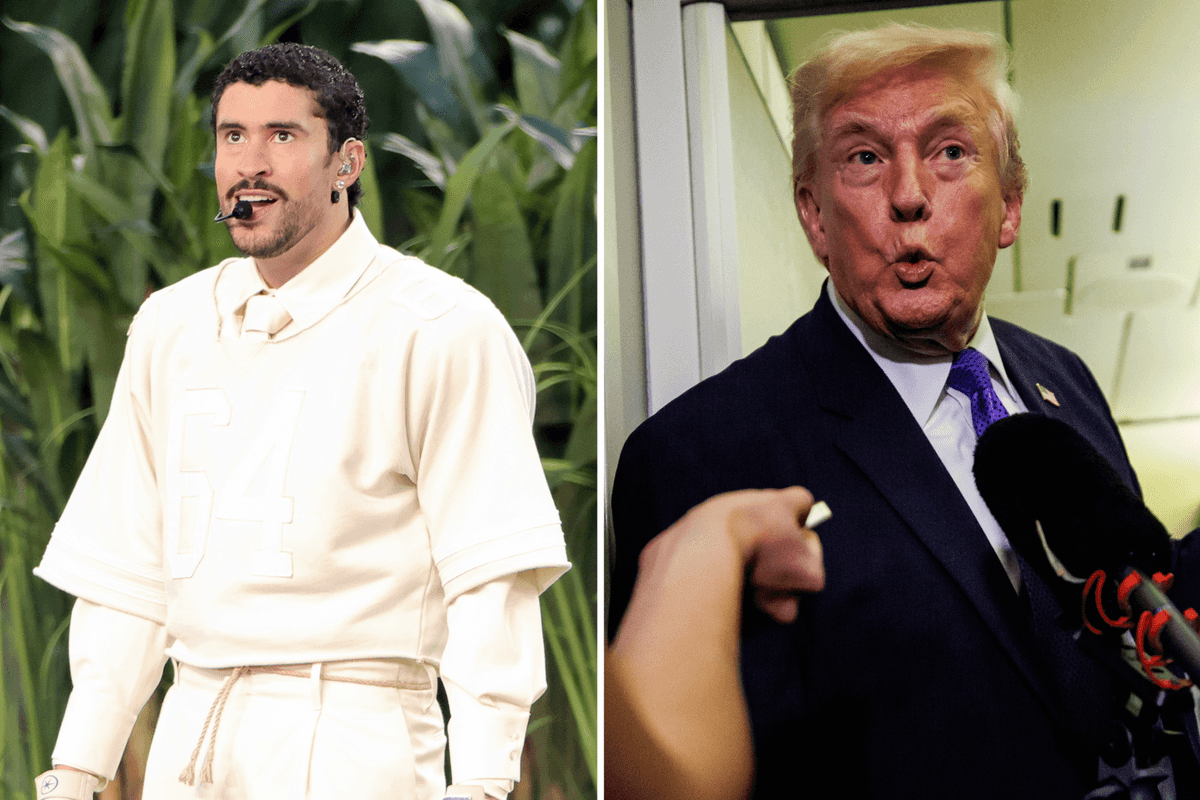News
Matthew Champion
Sep 11, 2014
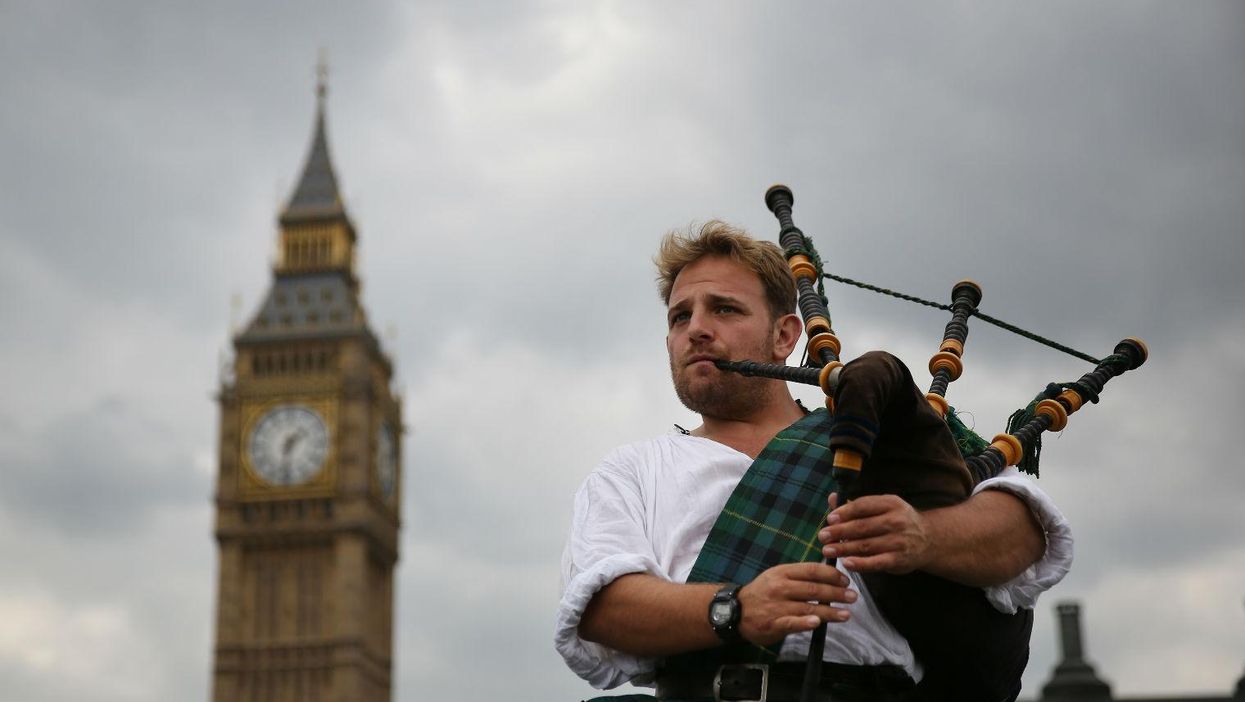
If Scotland votes to break away from the UK on September 18 the Scottish National Party wants its 'independence day' to be March 24, 2016.
While those two factors are two big ifs, and an independent-again Scotland would have an uncertain status as a 'new ' country, who could follow Scotland as a new independent country?
Scottish islands
Ironically, Scottish independence could lead to a further fragmentation of its own territory. With a history interwoven with half a millennia of Norse rule, the people of Shetland, Orkney and the Outer Hebrides might not consider themselves as Scottish as the people of Edinburgh. Alex Salmond has promised island communities they will keep all money generated from leasing the seabed in the event of independence, in order to keep them in Scotland.
Catalonia
By far the most likely region to attempt to follow Scotland's lead is Catalonia, whose regional government - which already enjoys large degrees of autonomy - wants to hold an independence referendum from Spain in November. Spanish prime minister Mariano Rajoy has refused to recognise the vote, however, making it purely symbolic - for now.
Greenland
In 2008 Greenland, which has a population of around 57,000, voted for increased self-government from Denmark. Campaigners have suggested that 2021 - the 300th anniversary of colonial rule - could be an apt time to break away altogether. An independent Greenland would become the 12th largest country, by area, in the world.
Åland Islands
The 28,000 residents of Åland archipelago speak Swedish, are separated from Sweden by a 24-mile stretch of water and share their only land border (albeit an uninhabited rocky outcrop) with Sweden. Nevertheless the islands have been part of Finland since the early 19th century. The islands have autonomous status meanwhile, with their demilitarisation and Swedish-language protected by Finnish law.
Bougainville
Bougainville, an autonomous island off Papua New Guinea, has pledged to hold a referendum on full independence by 2020 once outstanding issues surrounding weapon disposal and good governance - a civil war on the island claimed up to 20,000 lives - have been resolved.
Faroe Islands
The campaign for Faroese independence is built on the fact the islands are 620 miles from Denmark, while in 1946 a victory for the independence movement (by 166 votes) in a referendum was annulled by the Danish king and parliament dissolved. However, there are still concerns among the 50,000 residents of how an independent state would function if annual Danish subsidies approaching $100milion were to be removed.
Wallonia and Flanders
In 2011 Belgium set a new record for the longest time to form a government, pushing Iraq into second place. The country has become increasingly divided between 6.5million Dutch speakers in the north (Flanders) and the 4.5million French speakers in the south (Wallonia). In recent years the conservative New Flemish Alliance, which advocates complete separation for the most prosperous Flanders, has emerged as the largest party in Belgium.
Venice
Venetian nationalism had its heyday in the 1970s and 1980s but in 2013 an unofficial referendum held in Veneto, one of Italy's 20 regions, saw 89.1 per cent of residents vote for independence. Organisers said 2.3million people had voted online, but other sources said the figure was closer to 125,000, representing less than four per cent of the electorate.
East Turkestan
Xinjiang is China's largest and one of its most mineral-rich regions. Present-day Xinjiang has an incredibly rich history of conquest and control by various empires and entities, the most recent being the People's Republic of China. There are around 10million ethnic Uyghur and 10million Han Chinese residents in the vast region, which is predominantly Muslim. China is utterly, utterly loath to lose any of its territory and labels separatists as terrorists. The East Turkestan Islamic Movement, which takes its name from what an independent state could be called, is also designated as a terrorist organisation by the US.
Western Sahara
Western Sahara is a disputed territory in northern Africa, sandwiched between Algeria, Mauritania, Morocco and the Atlantic Ocean. Just 500,000 people live in the predominantly desert region, most of which is governed by Morocco and the rest by the Sahrawi Arab Democratic Republic, which governs in exile from Algeria. SADR considers the territory held by Morocco to be occupied. Around 45 UN member states recognise SADR sovereignty, including Mexico, South Africa and Nigeria.
Quebec
Campaigners on both sides in Scotland have been trying to learn the lessons from French-speaking Quebec. In 1995 a referendum on independence from Canada failed by the smallest of margins, 2,308,360 people voted 'yes' for separation, while 2,362,648 voted 'no'. Since then there have been no further attempts to press for full independence, although in 2012 the separatist Parti Québécois was elected to a minority government.
Kurdistan
While in Turkey the PKK and Ankara have been finding common ground that makes a future independent Kurdish state increasingly unlikely, in Iraq recent events involving Isis have made a Kurdish state there a distinct possibility. The unintended consequence of the jihadist victories across Syria and Iraq has been the incredible advancement of Kurdish claims for full sovereignty. Iraqi Kurdistan was one of the most stable areas of the country in the aftermath of the US invasion and its Peshmerga fighters emerged as the only viable opposition to Isis, with hundreds of thousands of civilians, including religious and ethnic minorities, effectively sheltered in Kurdistan. Since June the Peshmerga have occupied Kirkuk, a city outside of Iraqi Kurdistan, to prevent it falling into Isis hands.
More: These are all the flags that might have to change if Scotland votes 'yes'
Top 100
The Conversation (0)
